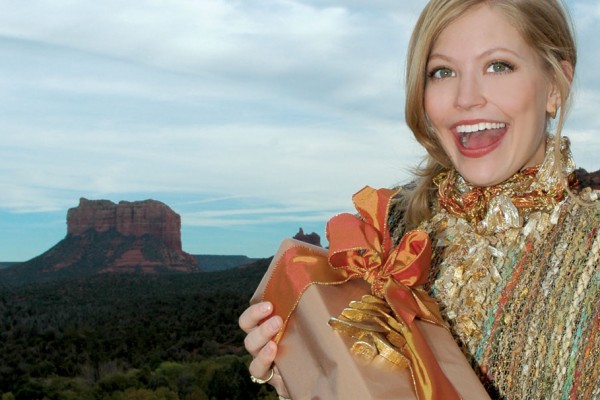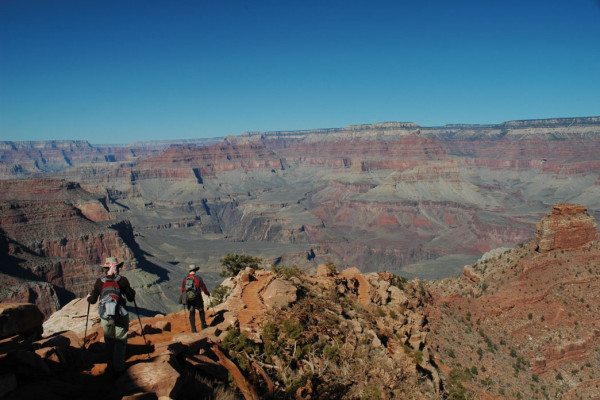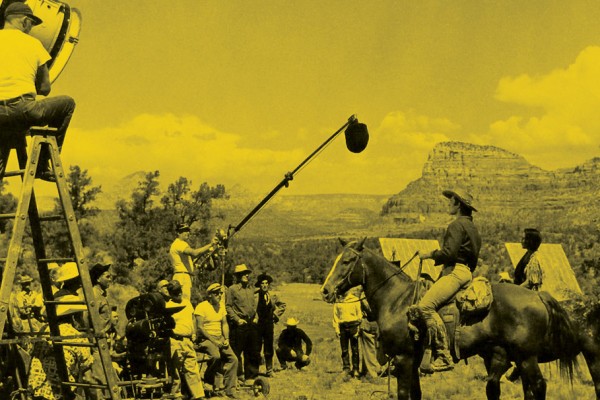Continued (page 4 of 5)
You did a lot.
Well, I played around a lot. I had one excellent gift, which I have nothing to do with: I was the handsomest kid on the block. If I went down a block, I was the handsomest kid on the second block … and the third and the fourth. And that gave me an opportunity to step out. There were a lot of negative things about it, a lot of problem things about it, in poor neighborhoods where nobody had a nickel. I had a family that offered me money to [pretend to be] their son so they could impress some people. For a poor kid, I was very gifted. I was given a lot of gifts.
One of the things that struck us in your book, American Prince, was the impact, beyond acting, that you had on popular culture. Elvis copied your hair.
Thank you for saying that. What I brought to films was a sense of not caring, a sense of naturalness. There was nothing artificial. Some actors in the method studio – Marlon Brando – took what were natural gifts and embellished them. So I came along and just didn’t do that. That gave every kid on the block the feeling that they could [act].
You influenced a number of generations. The Beatles put you on the cover of Sgt. Pepper’s Lonely Hearts Club Band.
I’m not looking for adulation or for someone to blow smoke in my ear and tell me how great I am. I know who I am and what I am. I know my weaknesses and my strengths. I’m so pleased I was able to pass this on to other people. If they had a gift of some kind, they were able to embellish it, make it part of their lives. If they could do that, they would be happy.
When you were starting out, did you ever dream you’d be such an influential actor?
I never hankered for anything other that expressing myself. Anything I did, I did from step one and built it. When I got to a level where I couldn’t compete anymore, I’d go to something else.
When you were making a movie like Some Like It Hot, did you know instinctively that it was going to be a great movie?
No, there was no way I could know that. I knew there was some ground breaking [aspects]. Guys dressed up like girls, but that had been done before. There were a lot of little things that hadn’t been done – the idea that they had to escape the [St.] Valentine’s [Day] Massacre. Little sections of life. That’s what made it so appealing.
When you first signed a contract with Universal Pictures, how did that work? Did they tell you they needed you today on stage seven on the barroom set or to go grab a tuxedo, today you had to be in the crowd. Is that what you did?
Yeah, that’s what I did. I danced at the Monte Carlo in one film; in another I was a drug salesmen. I had a lot of little roles. I enjoyed those pictures. I didn’t have that much to do, and I had a chance to watch and see how pictures were made. How you got to your line, how you had to stop, how you had to turn. All of those physical things. Those were the things that helped you.
You were really a part of that last group of studio-groomed movie stars. It wasn’t the same with the people who came after you.
When I got into movies, the camera was there; we’d walk around [and] the camera would follow us. We became a piece of the set. We became a sculpture piece, only we spoke and we moved around. That’s what movies were like. Today, actors don’t move. They get into a spot and all they do is close-ups of looking. Then they cut to what they’re looking at. You could be looking at an orgy. You could be looking at a church service. You could be looking at the breakfast mother brings you. That look will work for everyone whereas when you’re in the set, it doesn’t. Your eye reflects all things.



